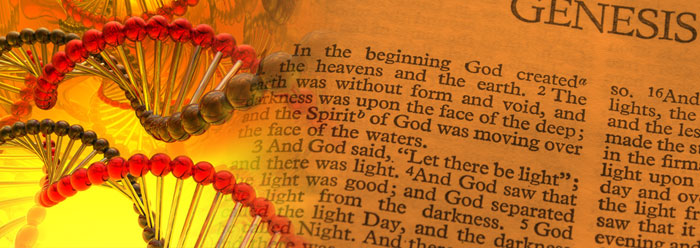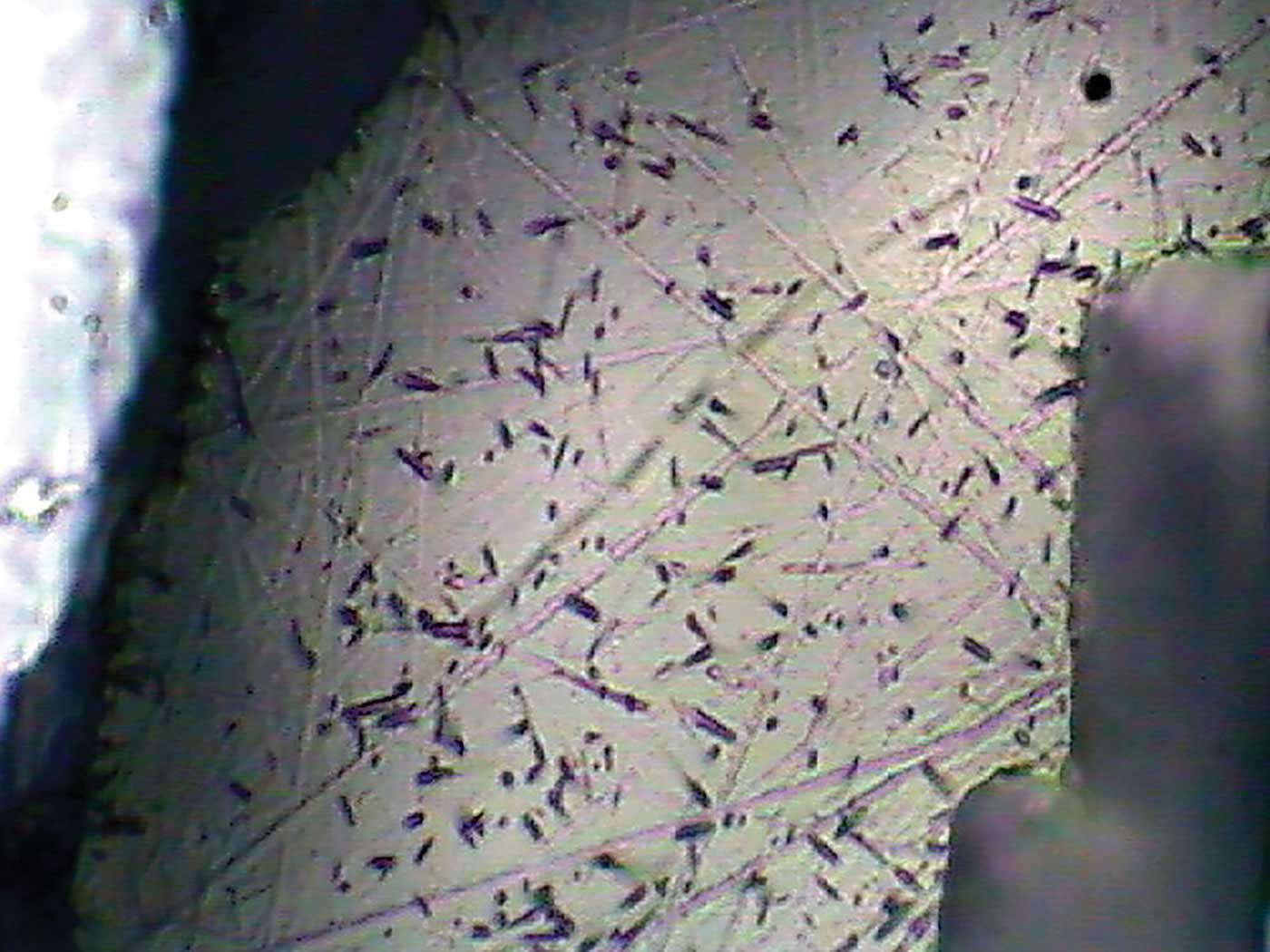Researchers have found that tiny fish called sticklebacks can adapt rapidly to a decrease in water temperature. This discovery adds to a long and growing list of animal trait variations that happen quickly. The researchers cited the stickleback adaptation as an example of evolution in action, but the rapidity of this change identifies it as the result of intentional programming--not mindless mutations.
The tiny stickleback seems to have a history of adaptability. A University of British Columbia press release indicated that populations of these fish once lived in the ocean, but then moved to live in freshwater lakes and streams.1 Other marine fish have been found with the ability to thrive in fresh water in only a few generations, like the pompano populations that are bred for freshwater fish farming.2
A team of Canadian and European scientists transplanted sticklebacks from Oyster Lagoon in southwest British Columbia to cold freshwater ponds. In just three years, which corresponds to three generations, stickleback fish "developed tolerance for" water that is 4.5 degrees Fahrenheit colder than the marine population's habitat.1
By the third generation, descendants remained of those "rare individuals" that already had the capacity to tolerate cold before the experiment began.1 The study authors wrote, "This rate of phenotypic evolution is among the most rapid to be observed in a natural population."3
But why were these fish able to adapt so quickly to colder waters? According to the researchers, "Our results suggest that cold tolerance is under strong selection and that marine sticklebacks carry sufficient genetic variation to adapt to changes in temperature over remarkably short time scales."3
But in considering this conclusion, it becomes apparent that the reference to "selection" is superfluous. All that is really needed for these fish to change as they did was for them to have the programmed instructions for "genetic variation" that the authors inferred from the data.3
It was the engineered genetic instructions, not nature's cold temperatures, that directed some offspring to develop slightly different traits in order for them to continue surviving. And engineered instructions are exactly what would be expected from an Architect who equipped His swimming creatures with what they would need to "be fruitful, and multiply, and fill the waters in the seas."4
References
- Tiny fish evolved to tolerate colder temperature in three years: UBC study. The University of British Columbia press release, August 4, 2010.
- Thomas, B. Fish Studies Answer Flood Question. ICR News. Posted on icr.org March 9, 2009, accessed August 11, 2010.
- Barrett, R. D. H. et al. Rapid evolution of cold tolerance in stickleback. Proceedings of the Royal Society B. Published online before print, August 4, 2010.
- Genesis 1:22.
* Mr. Thomas is Science Writer at the Institute for Creation Research.
Article posted on August 17, 2010.






















